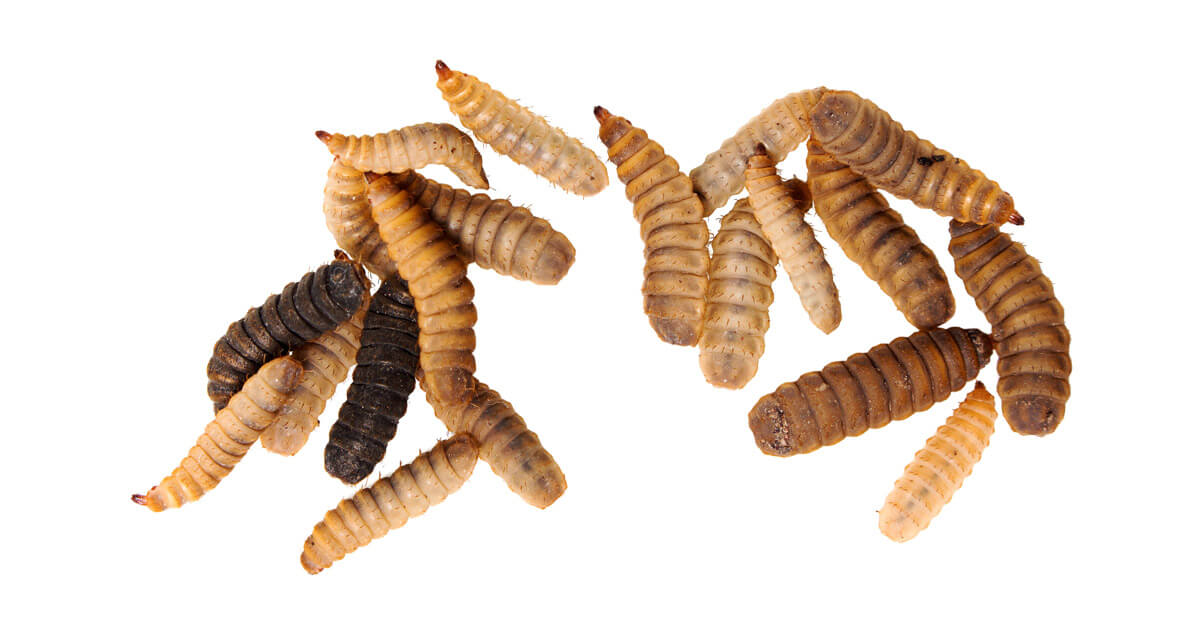Larval treatment is effective in multiple sclerosis
Treatment with hookworm larvae was well tolerated in patients with multiple sclerosis (MS), and although the primary outcome was not met there was some evidence of a beneficial therapeutic effect in the first randomized clinical trial to evaluate such an approach.
"It appears that a living organism can precipitate immunoregulatory changes that may affect MS disease activity," the study authors conclude.
The study was published online June 15 in JAMA Neurology.
The "hygiene" hypothesis suggests that by improving our hygiene practices we have removed these organisms or "old friends," which has led to an increase in autoimmune and inflammatory conditions.
In MS, there is good evidence that regulatory T cells - which normally prevent excessive inflammation - are defective. Hookworm infection has also been shown to restore regulatory T cell activity in experimental models.
For the study, 71 patients with relapsing MS without disease-modifying treatment were randomly assigned to receive hookworm therapy or placebo. The treatment was given as 25 Necator americanus larvae applied to the skin in a patch, mimicking natural infection.
MRI scans were performed monthly during months 3 through 9 of treatment, and then 3 months post-treatment.
The primary endpoint - the cumulative number of new/enlarging T2/new enhancing T1 lesions at month 9 - was not significantly different between the two groups, with 154 in the hookworm group vs 164 for the placebo group (mean based imputation).
Of the patients treated with hookworm, 51% had no detectable MRI activity vs 28% of those who received placebo.
The secondary endpoint, the percentage of regulatory T cells of total CD4+ cells in peripheral blood, significantly increased in the hookworm group and decreased in the placebo arm.
There were no differences in adverse events between groups other than more application-site skin discomfort in the hookworm group (82% vs 28% placebo).

